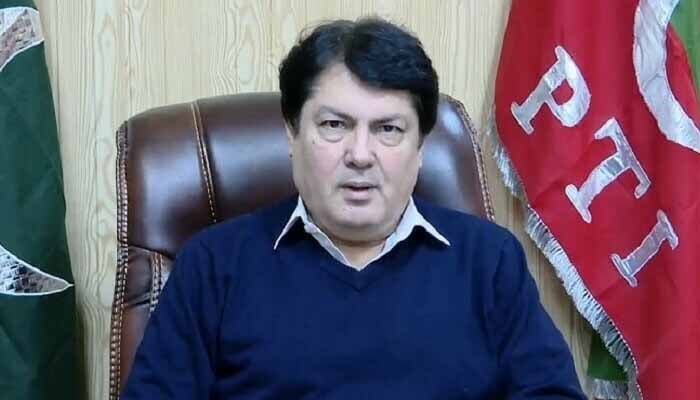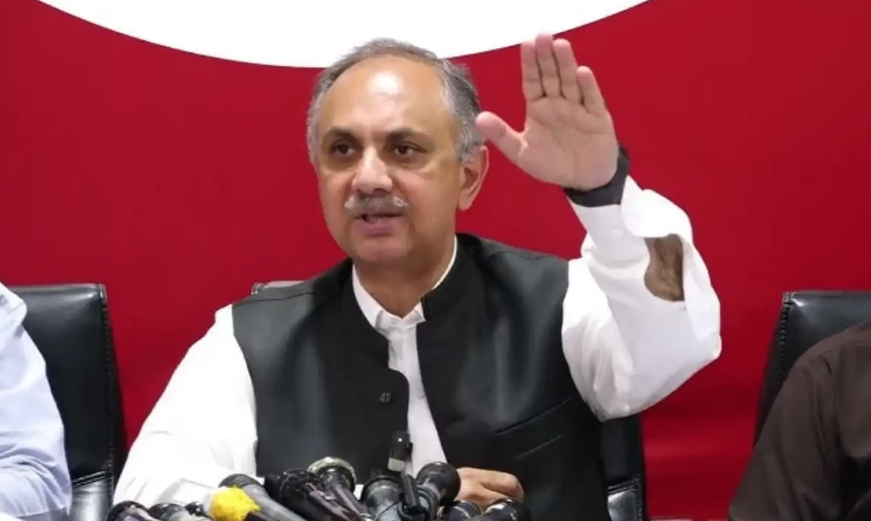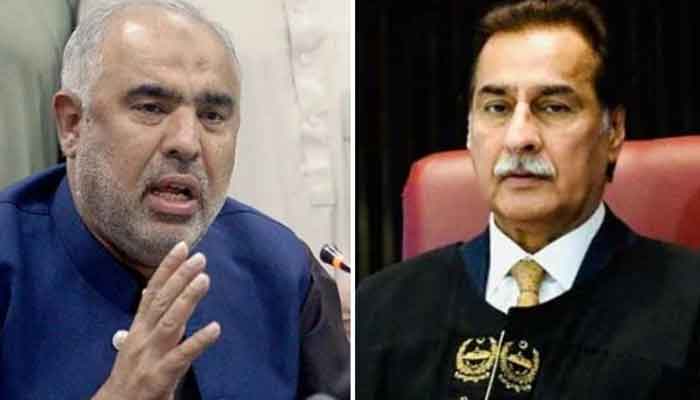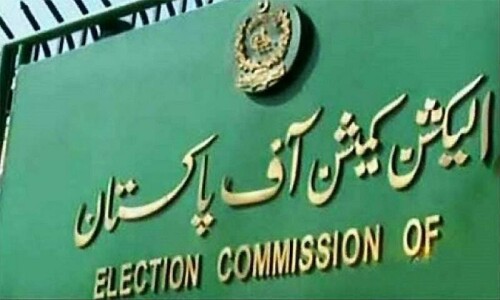POLITICS & POLICY MAKING
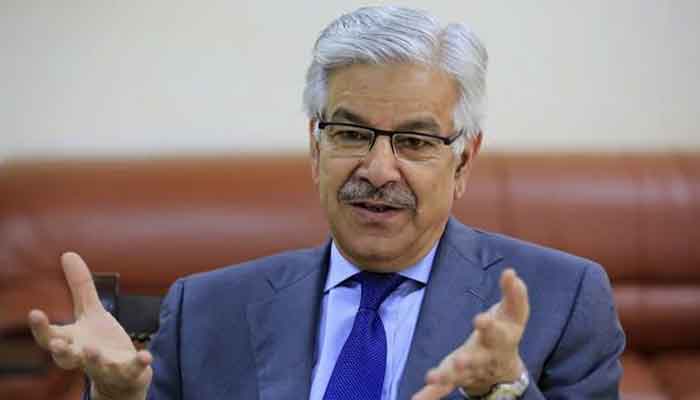
Defense Minister Khawaja Muhammad Asif has emphasized that if Pakistan were able to eliminate 50% of corruption, the country would no longer need to rely on the International Monetary Fund (IMF) for financial assistance.
Addressing Industrial Concerns
Speaking at a ceremony hosted by the Sialkot Chamber of Commerce, Asif acknowledged the difficult economic situation the country is facing, especially the pressure from the IMF. However, he expressed optimism, stating that there is now a glimmer of hope with positive indicators emerging from various sectors.
"As we gradually emerge from this period of despair, there are still many challenges ahead, but I am hopeful that we can overcome them," he said, highlighting improvements in key economic indicators. He noted that while the country is facing challenges, these issues can be resolved with time.
Economic Progress Despite Constraints
The Defense Minister pointed out that despite the severe economic constraints, Pakistan is seeing progress in areas such as inflation, which has decreased to single-digit figures. He also acknowledged that the stock market, which was previously struggling, has now become more stable.
Asif emphasized that although the country still faces significant challenges, including economic constraints and difficulties in decision-making, the situation is starting to improve, and positive signs are visible in multiple sectors.
Corruption and Smuggling: A Major Hurdle
The federal minister also addressed the issue of corruption, which he believes plays a major role in Pakistan's economic struggles. He highlighted widespread corruption, including smuggling of non-custom vehicles and unethical practices in both the public and private sectors.
“There is a huge smuggling of non-custom vehicles, and the distinction between halal and haram has disappeared,” Asif said, citing examples of corrupt practices involving high-ranking officials. He noted that corruption was prevalent during previous administrations and continues to hinder Pakistan's economic progress.
Call for Reform and Action
Asif’s remarks underscore the importance of addressing corruption to improve the country’s financial stability and reduce reliance on foreign financial aid. He urged for significant reforms in governance and accountability to ensure Pakistan's economic resilience.
“If we can eliminate 50% of the corruption in the country, we will not need to go to the IMF,” Asif concluded, calling for urgent action to curb the systemic corruption that hampers Pakistan’s economic growth.
